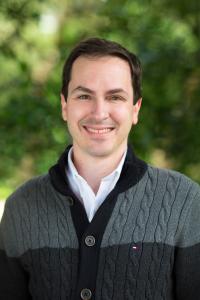START (South Texas Accelerated Research Therapeutics) operates the world’s largest Phase I Clinical Trials program, from its home base in San Antonio, Texas. The organization has clinic sites on four continents: San Antonio, Texas, and Grand Rapids, Mich., in the U.S., two in Madrid, Spain, one in Shanghai, China, and one in Taipei, Taiwan.
Dr. Anthony W. Tolcher is the co-Founder, President and Director of Clinical Research at START. He is a graduate of the University of British Columbia in Vancouver, Canada. He performed his residency in internal medicine at the University of Toronto and his fellowship in oncology at the University of British Columbia. He followed this with a research fellowship at the National Cancer Institute, Bethesda, Md.
Dr. Tolcher previously served as the Director of Clinical Research at the Cancer Therapy and Research Center (CTRC) in San Antonio from 2003 until April, 2007, and prior to that served as the Associate Director at the CTRC from 1999 to 2003.
Dr. Tolcher's major interest is in the development of new anticancer agents. He has a special interest in molecular genetic targets for cancer therapy and is considered a leading authority on those subjects.
He was a Fogarty Fellow at the National Institute of Health, and received the Murray Muirhead Award for humanitarian and academic excellence and the Goel Prize in Medicine for excellence in the Clinical Disciplines. He is a Fellow of the Royal College of Physicians of Canada; a Diplomate of the American Board of Internal Medicine and Medical Oncology; and a member of the American College of Physicians, and the American Society of Clinical Oncologists. He also has served as a member of the American Society of Clinical Oncology Scientific Program Committee including chair of the Experimental Therapeutics selection committee and the Cancer Education Committee.
He has been a scientific grant reviewer for the National Cancer Institute NIH, Department of Defense, and the National Cancer Institute of Canada.
Dr. Tolcher has authored numerous publications, including over 120 peer reviewed publications, 143 conference proceedings, and 9 book chapters. He serves as a reviewer for the following journals: Anti-Cancer Drugs, Journal of Clinical Oncology, Annals of Oncology, Cancer Research, Clinical Cancer Research, Clinical Lung Cancer, Clinical Prostate Cancer, Human Gene Therapy, and the Journal of Cancer.
He is a regular speaker at medical conferences and symposia on the current state of cancer research and the prognosis for a cure in our lifetime.
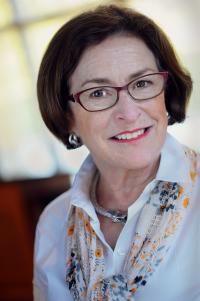

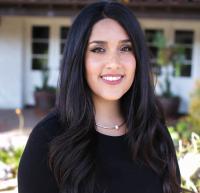
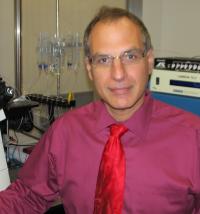
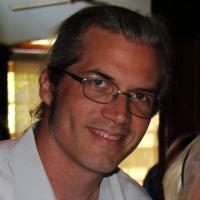
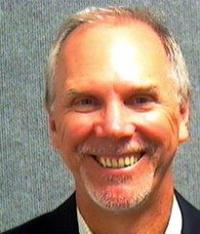
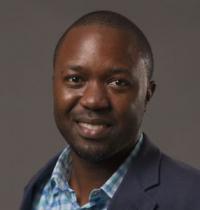
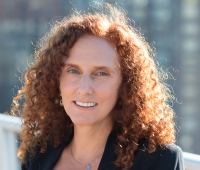
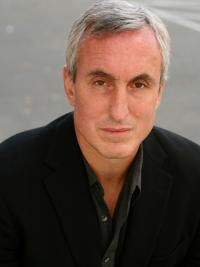
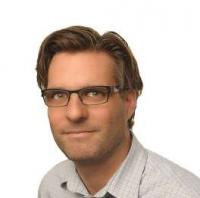
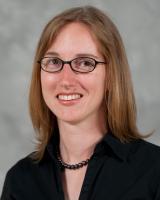
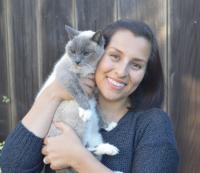
d59c.jpg?itok=T7CRSvmk)
